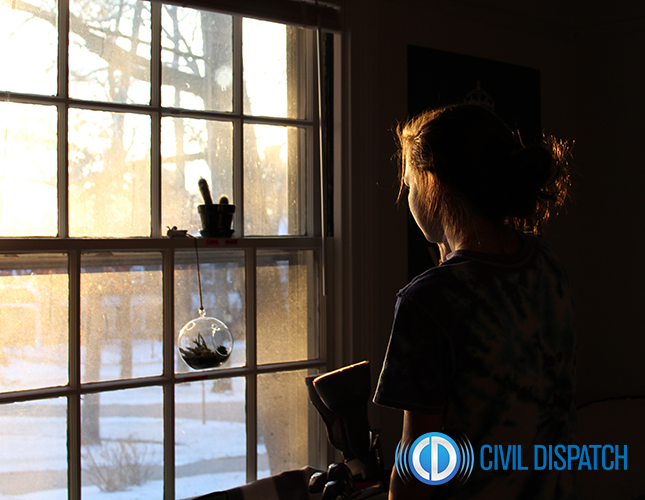
Some states across the country welcomed the month of December with a fresh dusting of snow. While the astronomical start of winter doesn’t begin until December 21, the weather is already changing.
The winter months traditionally bring cold weather, bitter winds and snow/ice. There is less access to fresh foods; the days are shorter; illnesses are more prevalent. It's time for preppers to finish preparing for the harsh months that lie ahead.
Prepare your home.
The Center for Disease Control and Prevention recommends the following steps in order to protect your house this winter.
-
Install weather stripping/insulation and storm windows.
-
Clean out gutters and repair roof leaks.
-
Have your heating system professionally serviced.
-
Inspect and clean fireplaces and chimneys.
-
Ensure your carbon monoxide detector is functioning properly.
-
Keep bags of salt or kitty litter on hand for icy weather.
Prepare before a storm.
Have you seen those videos of grocery store aisles before a big winter storm? The one where there isn’t a loaf of bread insight and the milk is practically gone. That’s because people are rarely prepared for extreme weather. Instead of scrambling for a blizzard or ice storm at the last minute, make it a priority this winter to keep your pantry and refrigerator stocked with food so that you do not have to run out last minute.
The CDC recommends having the following items on hand:
-
Drinking water
-
Canned/no-cook food
-
Manual can opener
-
Necessary medicines
-
First-aid kit
-
Flashlight and extra batteries
Prepare an alternative heat source.
If the power goes out, you need a way to stay warm. Generators are the most common way to stay warm, and it’s best to buy one now and figure out how to use it before you’re left struggling to get it to work in an emergency situation. It’s also important to have items such as hand warmers, blankets, coats, gloves and hats on hand as well.
Prepare your car.
Whether you are taking your kids to school or driving halfway across the country to visit family for the Holidays, you need to prep your car for a winter emergency. Have your car serviced to make sure everything is working properly. Then, build a winter kit to store in your car. Some items to include are water and energy bars, coats, blankets, hats and gloves, emergency flares, a first-aid kit and a phone charger. For more items to include, you can check out this complete emergency prep list.
Most important, sign up for weather updates.
The best way to stay prepared is to know what you need to prepare for. If you haven’t already, sign up for text messages from Civil Dispatch to get up-to-date information on threats and severe weather in your area!